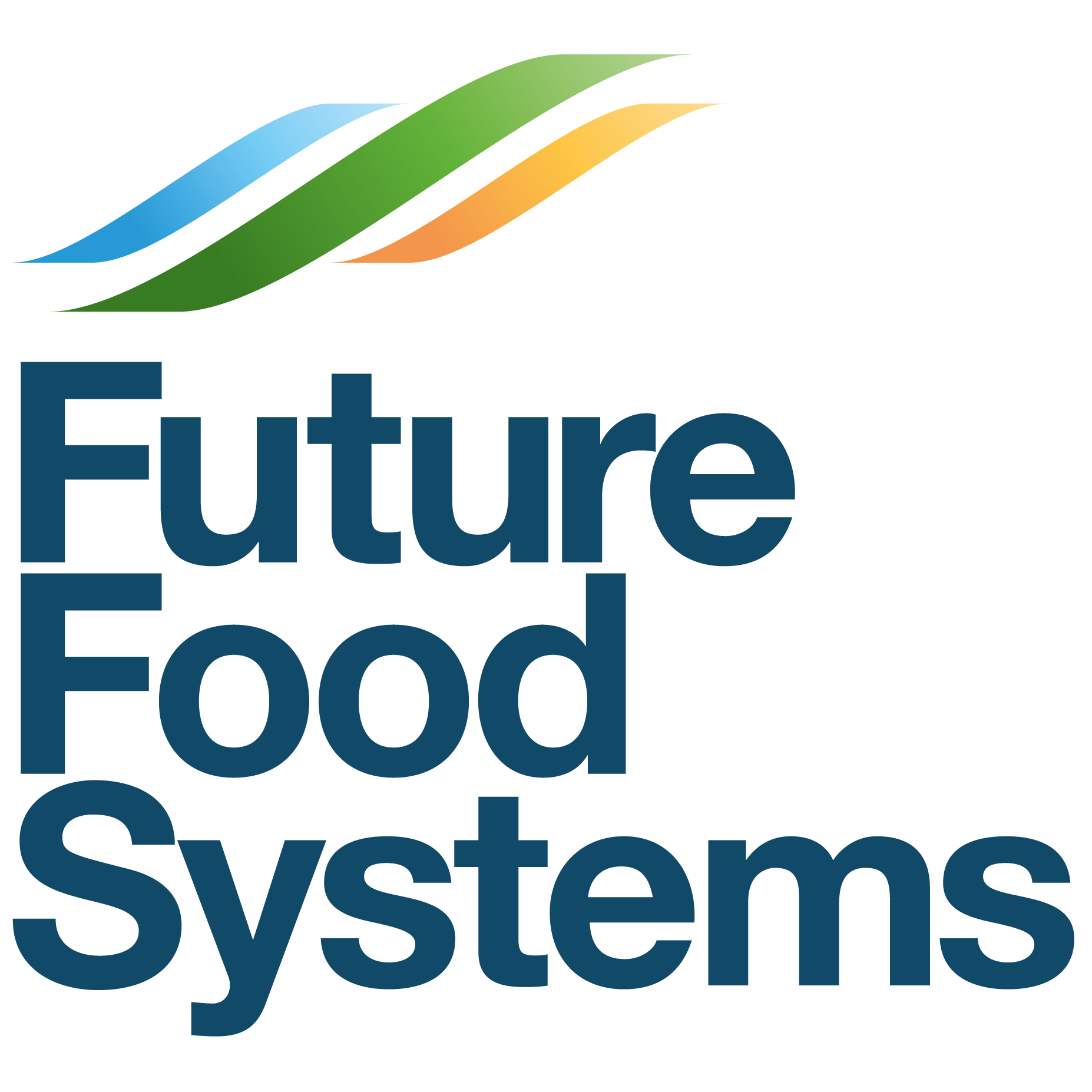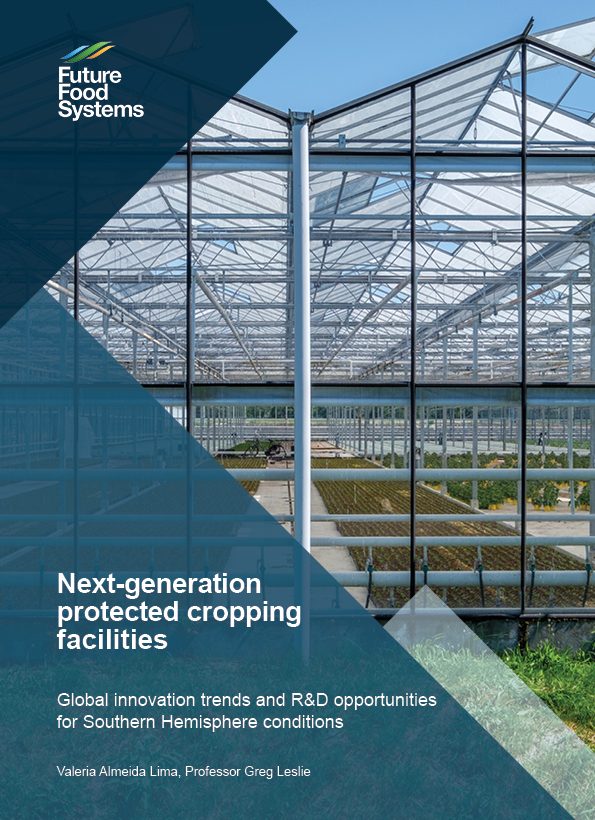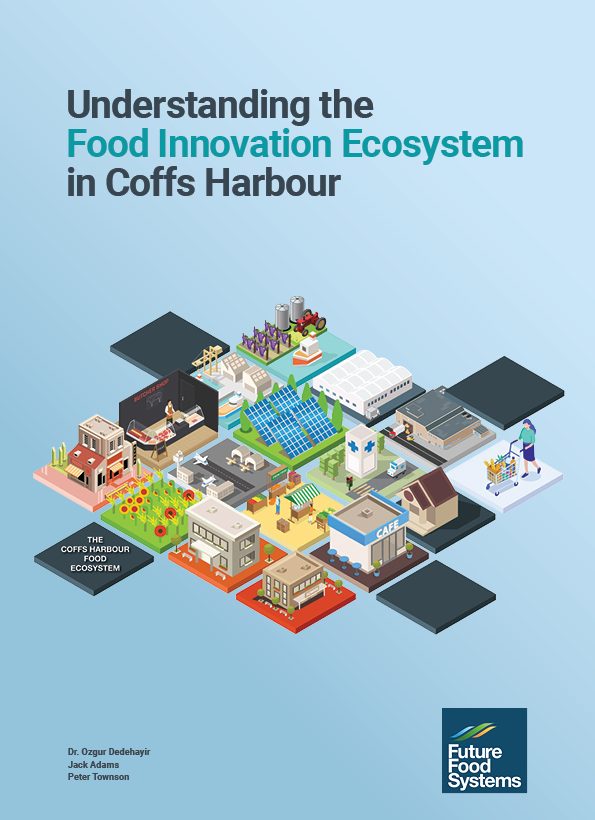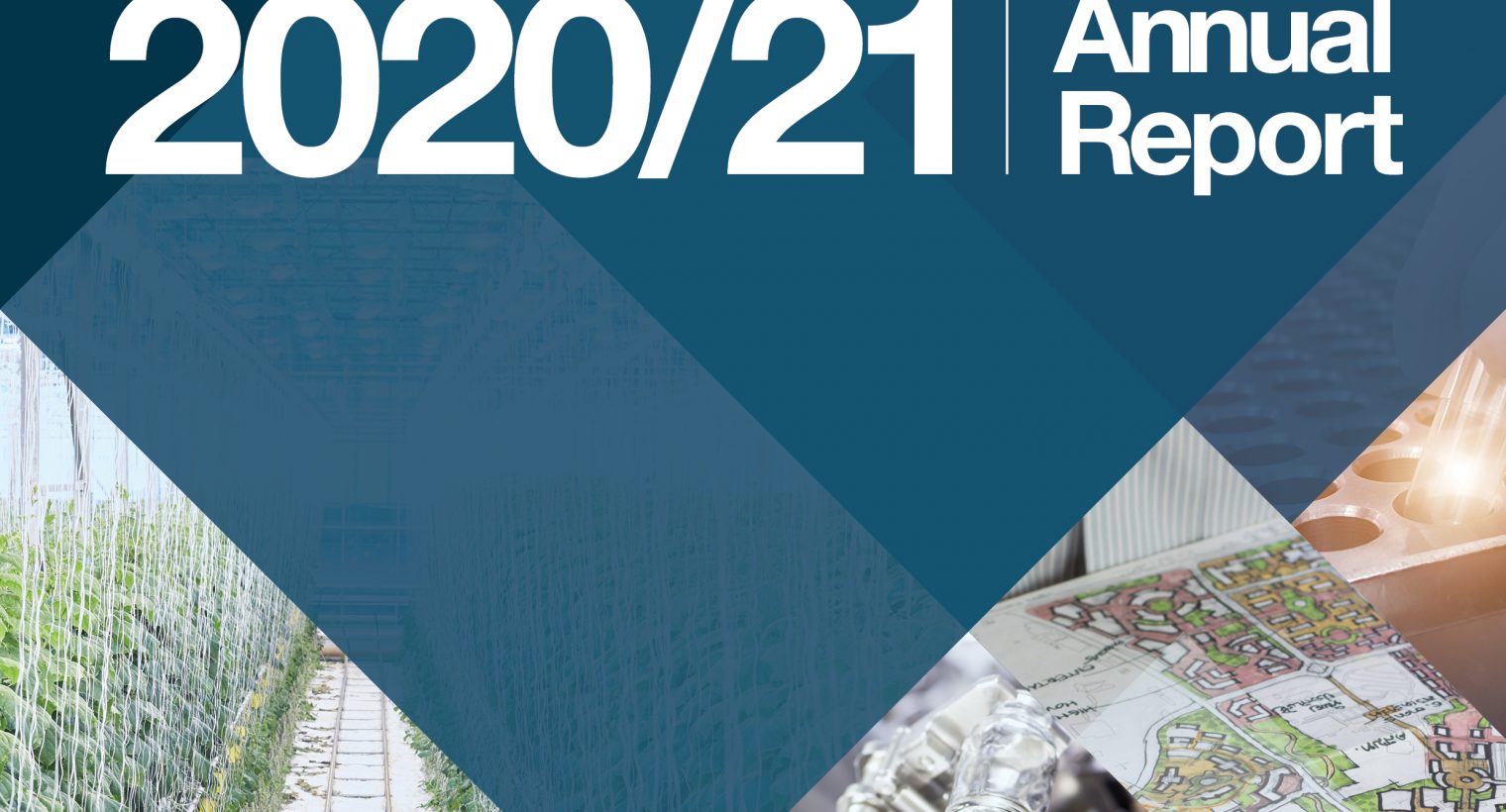AgriFutures Australia Research and Innovation Strategic Plan 2022-2027
In this, its ‘16:5:5 Roadmap’, leading Australian research body AgriFutures (formerly the RIRDC) outlines its research and innovation strategy for the coming five years. It defines Australia’s key strengths, opportunities for improvement and the research and innovation priorities needed to drive value and ensure our agrifood sector continues to thrive into the future.



